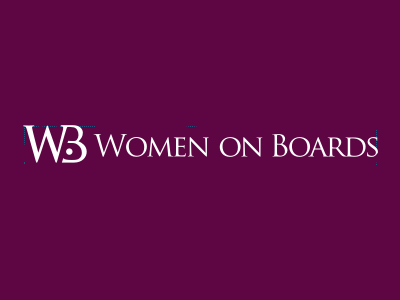Women are still being under-represented in executive ranks, according to a new report.
The report, conducted by Cranfield School of Management and sponsored by Aviva, highlights the lack of progress in improving gender diversity at the highest executive positions of FTSE 350 companies.
Despite progress in female representation in non-executive board positions, the report identifies the lack of women in executive roles on boards of the UK’s leading companies.
The report found that while the percentage of female non-executive directors within the FTSE 100 is at an all-time high of 35.4 per cent, female executive positions have flat-lined for a fourth consecutive year at 9.7 per cent.
Within the FTSE 250, the number of female executive directorships dropped from 38 to 30 between October 2017 and June 2018. There has also only been a marginal increase in the number of women on boards, from 22.8 per cent in October 2017 to 23.7 per cent in June 2018.
The report also highlighted the two best companies – Diageo, who have a gender pay gap of 4.1 per cent, with women making up 55 per cent of their boards; and GlaxoSmithKline, who have a gender pay gap of 2.8 per cent, with women making up 45 per cent of their boards.
You can download the full report here.
The report comes after FTSE 350 companies were urged to step up and meet targets to get more women on boards by 2020.
Data released to mark the halfway point of the government-backed, Hampton-Alexander Review, found that a quarter of FTSE 350 board positions are held by women, but there stil remains ten all-male boards.
Professor Sue Vinnicombe CBE, Professor of Women and Leadership at Cranfield School of Management, said, “Now, more than ever, is the time for disruptive change.”
“We need to think big and act decisively in order to move the needle.”
“FTSE 350 companies need to treat gender diversity as seriously as they treat sales, risk management and innovation, otherwise nothing will change.”
Sarah Morris, Chief People Officer, Aviva and is also a non-executive director on the Aviva Investors Board, said, “There has been some progress over the last 20 years, and it’s encouraging to see the biggest companies in the UK on track to hit the 33 per cent target.”
“But that is still only 33 per cent.”
“The benefits of greater diversity are clear so now it’s up to the FTSE 250 to increase their ambition.”
“Still too little is being done to change the cultures which prevented talented women staying and rising to the top.”
“We urge companies to act faster, for the sake of their people and their business.”
Professor Ruth Sealy, Director of Exeter Business School’s Centre for Leadership and co-author of the report, added, “The lack of diversity amongst executives of so many FTSE companies, even in functions which have balanced or majority female intakes, reveals such poor management.”
“Organisations must now be bold and decisive in designing senior roles and careers fit for the 21st century in order to optimize the available talent.”









